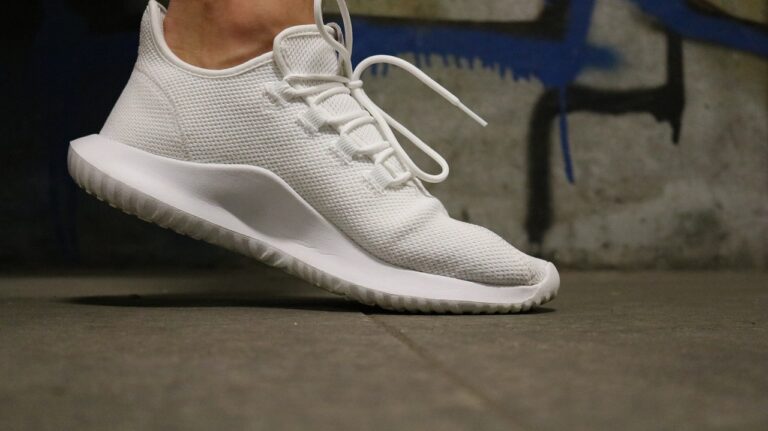Fast Fashion and the Impact of Fashion in Travel Industry
betbhai9, playexch in login, lotus 365.vip: Fast Fashion and the Impact of Fashion in Travel Industry
Do you often find yourself buying cheap, trendy clothes only to wear them a couple of times before tossing them aside? If so, you may be contributing to the fast fashion industry. Fast fashion refers to the rapid production and consumption of low-cost, trendy clothing items. While fast fashion has its appeal in terms of affordability and accessibility, it has come under scrutiny for its negative impacts on the environment and society. In this article, we will explore how fast fashion impacts the travel industry and what you can do to make more sustainable fashion choices when you’re on the go.
The Impact of Fast Fashion on Travel
1. Increased Waste: Fast fashion leads to a cycle of constant consumption and disposal. When travelers purchase cheap, trendy clothes for their trips, they often end up discarding them after a few wears. This contributes to the growing problem of textile waste in landfills around the world.
2. Environmental Damage: The production of fast fashion items often involves the use of harmful chemicals, water-intensive processes, and unsustainable sourcing practices. This can have a negative impact on the environment, including water pollution, deforestation, and greenhouse gas emissions.
3. Exploitation of Workers: Many fast fashion brands outsource their production to low-wage countries where labor laws are lax. This can result in poor working conditions, low wages, and exploitation of workers in the garment industry.
4. Cultural Appropriation: Fast fashion brands often draw inspiration from traditional designs and patterns without giving credit to the original creators. This can lead to cultural appropriation and erasure of indigenous cultures in the name of fashion.
5. Impact on Local Economies: When travelers opt for fast fashion items over locally-made clothing, they contribute to the decline of local artisanal industries. This can have a negative impact on the economies of tourism-dependent countries.
What You Can Do
1. Choose Quality Over Quantity: Invest in well-made, timeless pieces that will last longer and withstand multiple wears. This will reduce your reliance on fast fashion items and help minimize waste.
2. Support Sustainable Brands: Look for fashion brands that prioritize ethical and sustainable practices, such as using organic materials, supporting fair trade, and ensuring transparency in their supply chain.
3. Pack Light: When preparing for a trip, pack only the essentials and avoid overpacking. This will not only save you space and weight but also reduce the temptation to buy cheap, disposable clothing items while you’re on the go.
4. Shop Local: Instead of buying fast fashion items from chain stores, consider shopping at local markets and supporting small, independent designers. This will not only give you a unique souvenir from your trip but also contribute to the local economy.
5. Practice Mindful Consumption: Before making a purchase, ask yourself if you really need the item and if it aligns with your values. By being mindful of your buying habits, you can make more conscious fashion choices that have a positive impact on the environment and society.
In conclusion, the fast fashion industry has a significant impact on the travel industry in terms of waste, environmental damage, and exploitation of workers. To mitigate these negative effects, travelers can opt for sustainable fashion choices, support ethical brands, and practice mindful consumption. By making more conscious decisions about what we wear while on the go, we can help minimize the harmful impacts of fast fashion and promote a more sustainable and ethical fashion industry.
FAQs
Q: What are some sustainable fabrics to look for when shopping for travel clothing?
A: Some sustainable fabrics to consider are organic cotton, hemp, bamboo, and recycled polyester.
Q: How can I find ethical and sustainable fashion brands for my travels?
A: Look for certifications such as Fair Trade, GOTS (Global Organic Textile Standard), and B Corp, which indicate a brand’s commitment to ethical and sustainable practices.
Q: Are there any apps or websites that can help me shop for sustainable fashion?
A: Yes, platforms like Good On You, DoneGood, and Eco-Styled can help you discover ethical and sustainable fashion brands based on your values and preferences.







